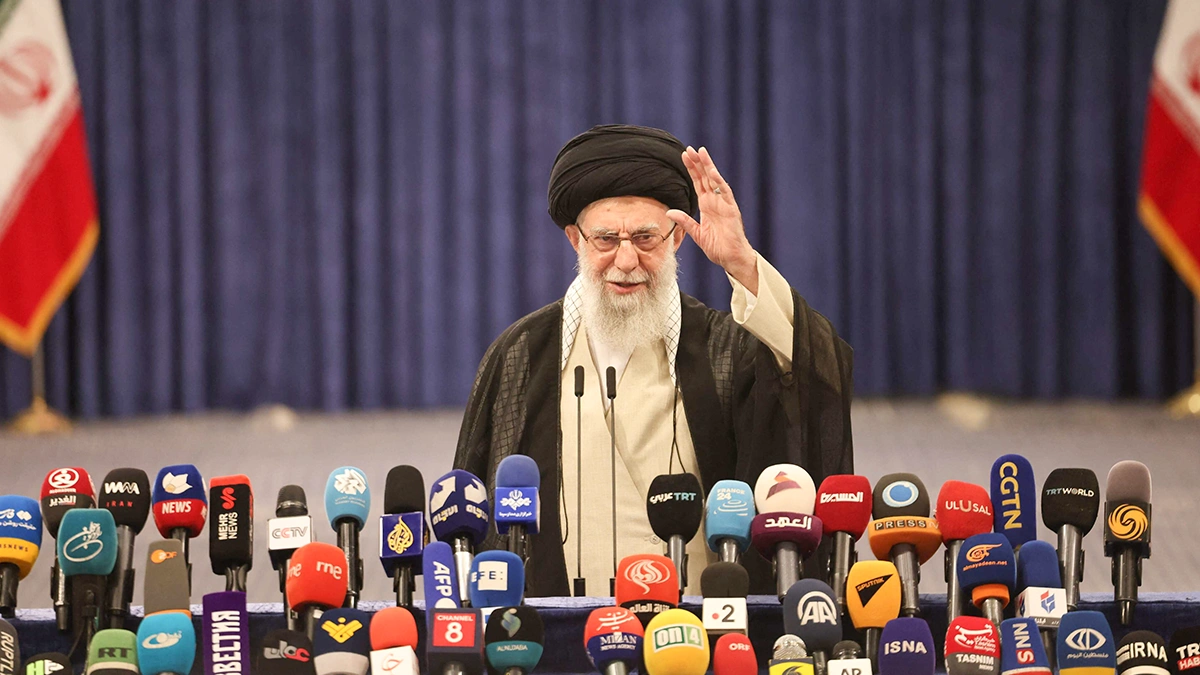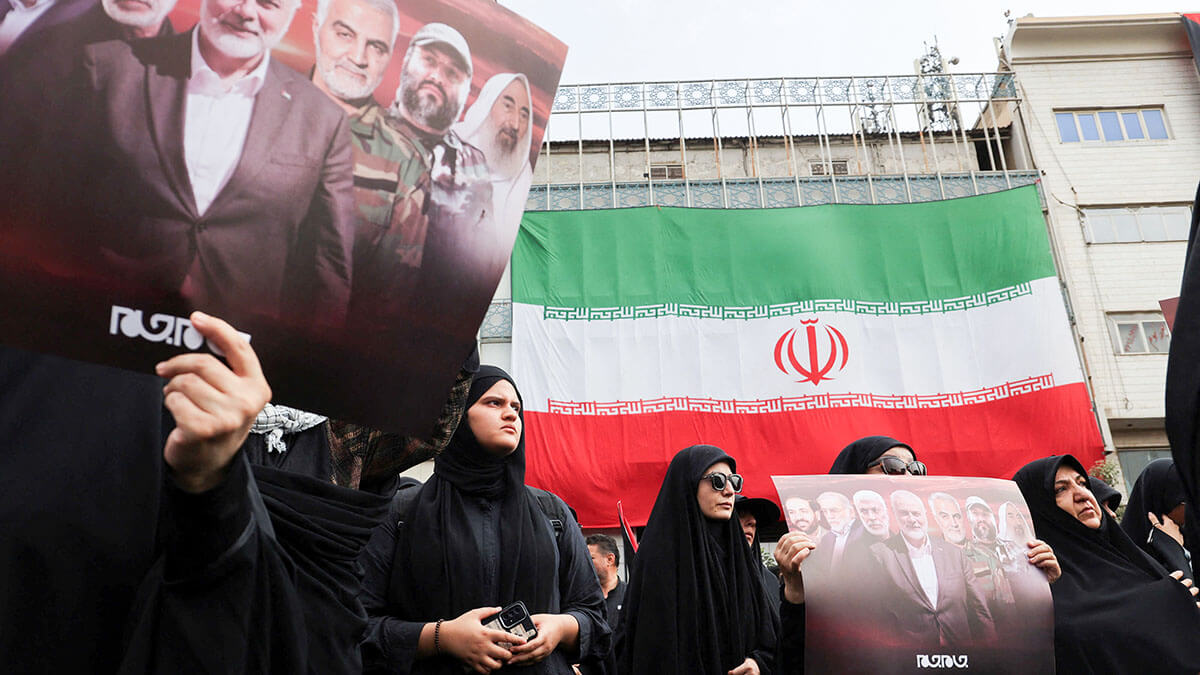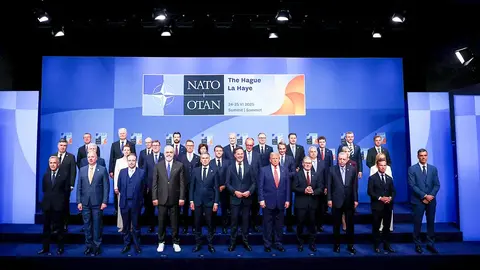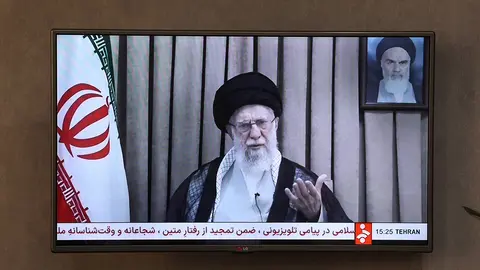Iran faces internal tensions that foreshadow intensified state repression

The latest confrontation with Israel exposed the weaknesses of the Islamic Republic of Iran's regime and is considered a military and security failure. In addition, it has suffered a decline in popularity and social mobilisation power, exacerbated by ethnic tensions within the nation and the persecution of certain minorities, such as the Kurds.
The 12-day conflict between Iran and Israel in June 2025 did not become fully regionalised, but it was the most significant turning point in the current political landscape in the Middle East and Iran. On other occasions, Iran has already been involved in direct conflicts, but never with the current internal military and social weaknesses, where internal division and separation of the people persist. A fundamental precedent is the war between Iraq and Iran in the 1980s, when the entire state mobilised for national defence and popular support was not an issue.
Joe Aditungi, a researcher on ethnic affairs, published a report stating that several Iranians from historically marginalised communities viewed the dispute with Israel as a new campaign to establish power and defend their ideology, rather than as a struggle to preserve the country's interests and sovereignty. Aditungi adds that we are facing the most vulnerable Iran since the 1979 Iranian revolution, with popularity steadily declining due to Israeli-American attacks and where the revolutionary struggle, the protection of Shiite ideology and anti-Western propaganda no longer have the same strength as in the past.

Tehran has always maintained a strong narrative based on the idea that its government is confronting the US-Israel bloc and defending the Muslim cause and the Islamic world in its highest form. Its political and religious rhetoric has helped it justify its military spending and the expansion of its nuclear programme, with the help of the official media and allied regional militias. However, the strength of its narrative is eroding and Iranian leaders no longer enjoy the same internal unity that allowed for external interference in other nations, which extends to diminished support from other Shiites in Lebanon, Iraq and Yemen.
Propaganda portraying Israel as the nation's existential enemy has lost its impact, particularly among younger people who are inclined towards human rights education that is far removed from the regime's policies. Iran's hard power has also been weakened by the loss of senior officials, the destruction of its military infrastructure and intrusions into the security and intelligence services.
A 2024 survey by the Iranian Ministry of Culture showed that 90% of Iranians are dissatisfied with the situation in the country and the political process. It is also estimated that turnout in the last elections in November 2024 did not exceed 40%.
Citizens hold the leaders responsible for decision-making responsible for the destruction of the nation. In response, the government reacted as expected and has proceeded to intensify oppression to contain the situation. The media claim that, immediately after the conflict, 700 people were arrested on charges of collaborating with Mossad, the Israeli intelligence service. The main targets of these actions have been areas inhabited by ethnic minorities, especially Kurdish areas. One day after the ceasefire with Israel, the Iranian government executed three Kurdish workers for smuggling, without access to legal representation or a fair trial, which remains a historical pattern for maintaining power.

Although the majority ethnic group in ancient Persia is Persian, they are followed in order of presence by Azerbaijanis and Kurds and other large groups such as Arabs and Baluchis. Although many ethnic groups supported the founding of the Islamic Republic in 1979, believing in a more democratic and inclusive Iran, the reality is far from those aspirations, and the regime has continued to break down pluralism, promote Shia Islam and defend Persian identity. Currently, resistance from minority groups is considered separatist and stigmatised as a tool of the West.
The Iranian regime fears an internal uprising, especially with the deterioration of the economy and the armed forces. As a result, it has resorted to one of the most violent crackdowns in its history, focused on the elimination of political prisoners and opponents inside and outside Iran. In this way, the focus is on preventing the opposition from becoming a real threat, although its fragile circumstances make this goal difficult to achieve. The fragmentation of the opposition and the lack of leadership are the tools the regime uses to increase divisions among Iranians in order to maintain its influence on national public opinion and preserve the idea of internal enemies.










